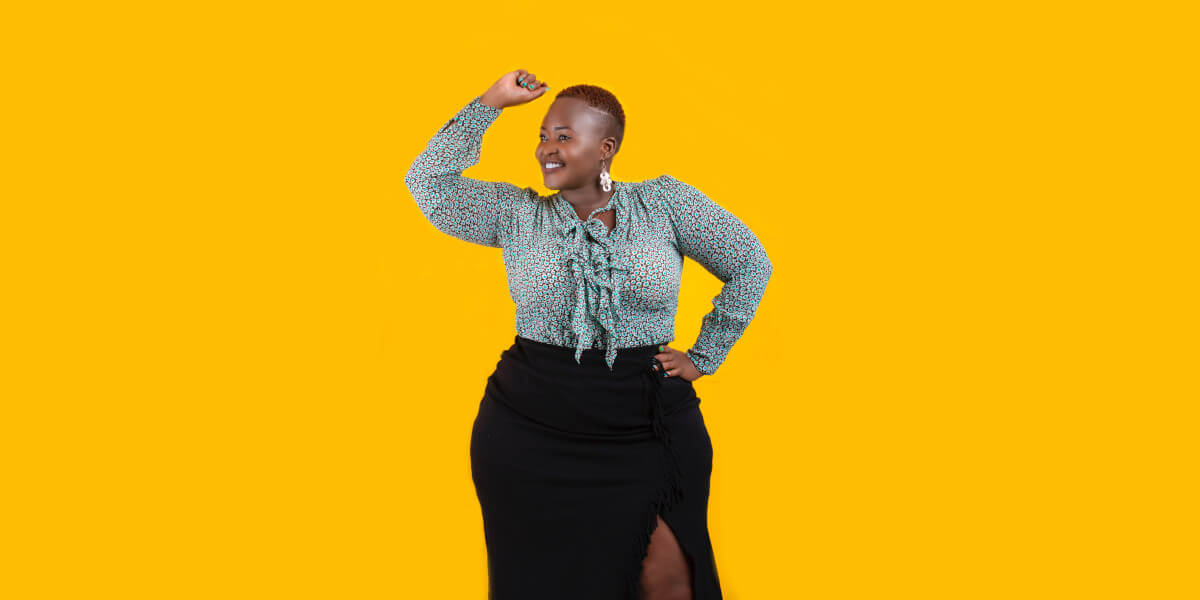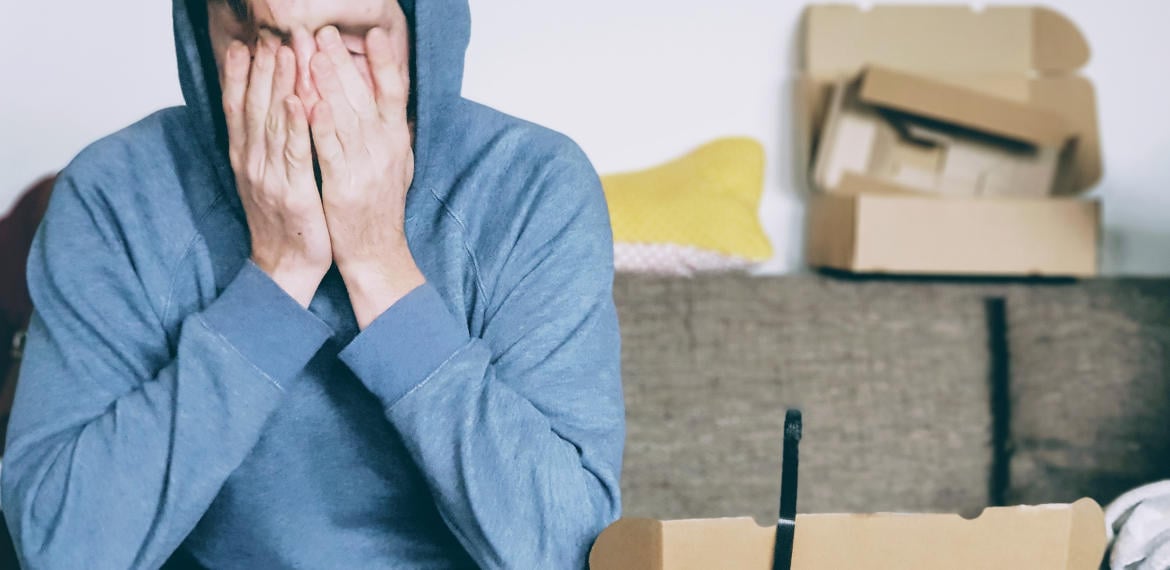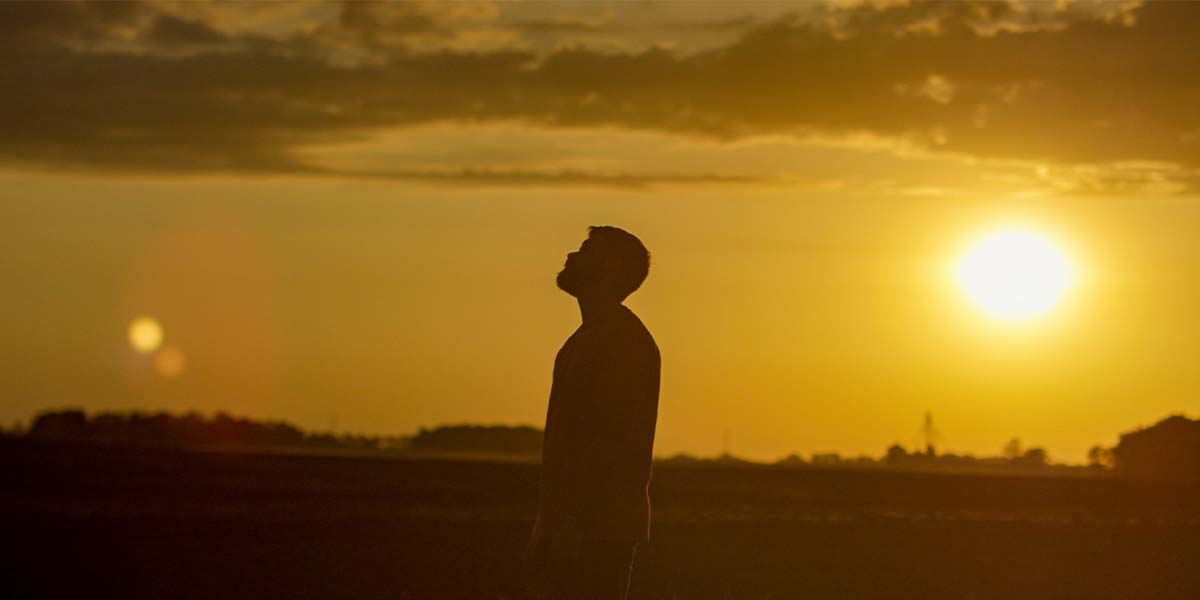
5 Fabulous Fat Facts
We as a society are really self-critical and set high standards for ourselves, especially when it comes to weight and fatness. Almost everywhere you turn there are messages saying you need to lose weight and be skinny no matter what. Kids as young as 11 and 12 are already being targeted by weight loss programs and body shaming can start even sooner. Well, today I challenge you to question what you know about being fat and fatness in general.
Here are five facts you need to know about being fat:
1. Fat does not mean unhealthy.
Organizations like Health at Every Size (HAES) want everyone to know, just because you’re fat or weigh more than others doesn’t mean you’re unhealthy or going to die. There are a ton of reasons a person might be fat. It could be due to an underlying condition like polycystic ovary syndrome (PCOS) or Cushing’s syndrome, it might be due to disability, it might be due to genetics, it might be due to diet and exercise. There is no way to know for sure. For that and many other reasons, HAES encourages people to be healthy in their lives rather than focusing on weight.
2. Love does not depend on a number on a tag or the scale.
A lot of people will put conditions on the love they want or expect. “I’ll finally love myself when I lose those last 10 pounds” or “I’ll get so much more attention from potential dates if I were one size smaller”. Not only is that probably false, it gets in the way of you enjoying life right now, no matter your size or weight. You are worthy of love now. You are worthy of love whether you lose or gain weight. Enjoy yourself and your love life without putting conditions on it.
3. Diet culture is dangerous.
Forcing your body to extremes of diet and exercise ultimately does more harm than good. Even if you do achieve some weight loss by pushing yourself really hard, that loss is probably not going to be sustainable. You’ll more than likely gain the weight back and you run a high risk of damaging your body in the meantime. Intense diets and exercise routines can permanently alter metabolism to reduce weight gain in the future and depending on what you’re not allowing yourself to eat, may cause harm to other body systems as well. That’s not to mention the risk of injury in too much exercise! Any changes should be little, sustainable ones. Fads have no place here!
4. Beware of toxic body positivity.
Toxic positivity is a newly named phenomena that points out how harmful it can be to force a positive attitude about and completely ignore the negative aspects of any given situation. The same goes for body positivity. You can and should acknowledge that sometimes it’s not fun to have a bigger body, but that doesn’t mean you can’t be happy with it and still love yourself. You have to take the good and the bad. If body positivity feels like too much to strive for, look into body neutrality!
5. You are not alone!
Just recently over the course of the COVID-19 pandemic a lot of people reported weight gain, the average gain being around 29 pounds. And, according to the CDC, in the United States over 73% of adults are considered overweight or obese. That’s way over half! It’s more common to be fat than not in our country. And yet we continue to judge ourselves like it’s a terrible and super abnormal thing to be fat.
It’s okay to be fat. Whisper it to yourself in the mirror or shout it from the top of a hill. It’s okay to be fat and it’s okay to not yet feel that within yourself. We get a lot of messages that are saying the exact opposite. But, arming yourself with knowledge about the truth of fatness, I am confident that everyone can get there.
If you could use some support on your journey living in and loving your larger body, give Lifeologie a call! We’re here to support you.

About Lifeologie
Lifeologie Counseling was founded in 2000 with one goal in mind — to bring a fresh, innovative approach to the everyday problems of life. Creative solutions to stuck problems®. With our unique multi-specialty, collaborative approach, Lifeologie Counseling helps individuals and families heal their wounds and break out of old, unhealthy patterns.




